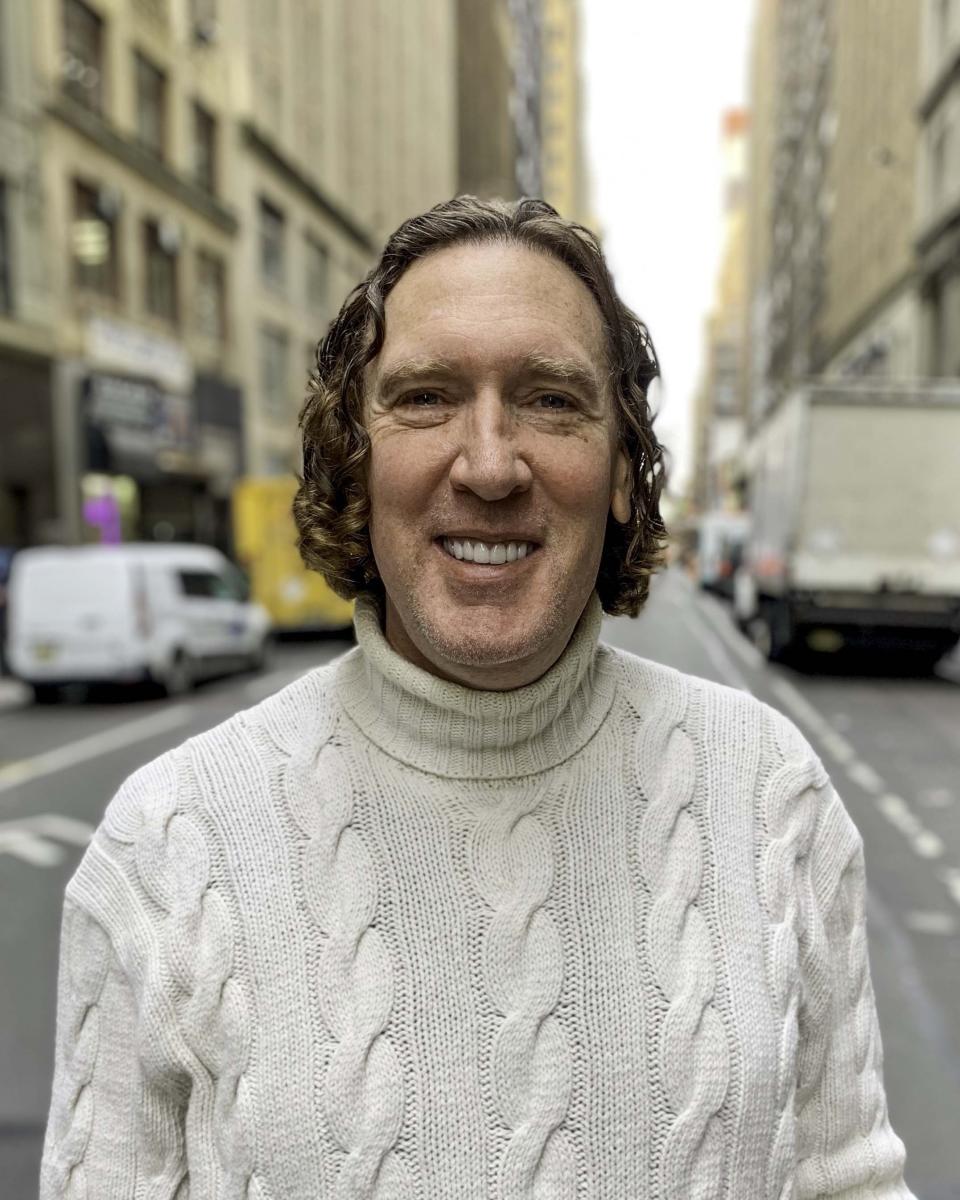The Outside View: Clearing Inventory in a Socially Responsible Way

Every executive weekly team meeting in the retail industry is having the same main topic of conversation of late — excess inventory. We are all under pressure to clear out mounting inventory and start fresh in the next fiscal year. Plagued by inflation and risk of a recession, balancing inventory has taken top priority. You cannot turn on or read the news and hear about any retail quarterly earnings without inventory levels being the top point of discussion.
The excess inventory created by the pandemic, topped with the consumer spending slowdown and supply chain issues, has been on my mind for months. Having been in this industry for more than 35 years, I have seen how making swift, easy decisions like steep discounting, liquidation and auctioning can cause irreparable harm to the overall industry.
More from WWD
But what if we all took a page out of Bill Gates and Warren Buffett’s playbook and made use of their philanthropic model, making a “Giving Pledge” of our own and taking that concept down to the grass roots with our excess inventory problem?
What do I mean? With my company, P448, we have taken the position to give select excess inventory to charity by donating pairs of shoes as well as offering consumers the opportunity to purchase select styles at 40 percent off, with all net profits being donated to charity.
If companies would embrace more of a social sustainability approach to this escalating issue, we might be able to tackle the overall problem and in the process do less harm to our industry and environment. In addition to it being a tax write-off, it also eliminates the cost burdens and environmental damage it actually takes to physically store all this excess inventory in the warehouse, with additional usage of utilities like heat and air conditioning as well as storage costs.
We are all very aware of how inventory like this can sit for months and months until it is finally cleared, and studies have shown that the annual additional cost of holding excess inventory can be 25 to 32 percent.
But with this strategy of clearing inventory in a way that benefits social causes, everybody wins. The business starts to clear levels of inventory in a nondisruptive, nonchaotic way while also enhancing its social footprint from an overall sustainable responsibility.
In essence, it’s a cleansing for the brand. We can all stop becoming hoarders.
The current situation is a real tipping point for all of us in the industry. We need to start becoming more responsible, more focused, and more organized with all our inventory moving forward. If one lesson can be taken away from all this, it is: Make less and improve our environmental footprint.

Our solution at P448 is to give away 100 percent of the net profits of select shoes and donate 1,000 pairs of shoes to two charities — The Mark Wahlberg Foundation (he is a partner in P448) and the All Stars Project (another partner, Hilco Global founder and chief executive officer Jeffrey Hecktman’s key charity). We ran this sale in November prior to holiday discount campaigns and now have decided we will continue to use this donation format moving forward for all end-of-season sales.
I would like to challenge others in the industry to do the same.
If more brands had taken an approach like this, it would be such a different holiday discount landscape this season. Companies are sitting on billions of dollars of inventory, if they could be simply clear to the consumer and take this approach with 5 percent or more of their inventory, billions of euros or dollars’ worth of excess goods could be erased over the next two months.
Within the past few years, I, like so many others in the business, have been facing the hard facts that our industry has not been kind to our planet and is helping contribute to its demise. I started to hold myself accountable for the product I was putting out, not only to the consumer but also into the universe. Thus, I adopted a kinder approach to making products as well as changed the way I conduct my business by factoring in sustainable strategies.
Doing good is good business. Waiting for this to snowball into a blown-out deeper crisis is something we all don’t want to see, let alone live through. But in taking this approach, we are not only helping others in the process, but also standing together side by side holding each other’s hands to help tackle this mounting issue together as a solid unified force to lift each other up and all get to the other side.
Wayne Kulkin is founder and executive chairperson of StreetTrend, which produces the P448 sneaker brand.
